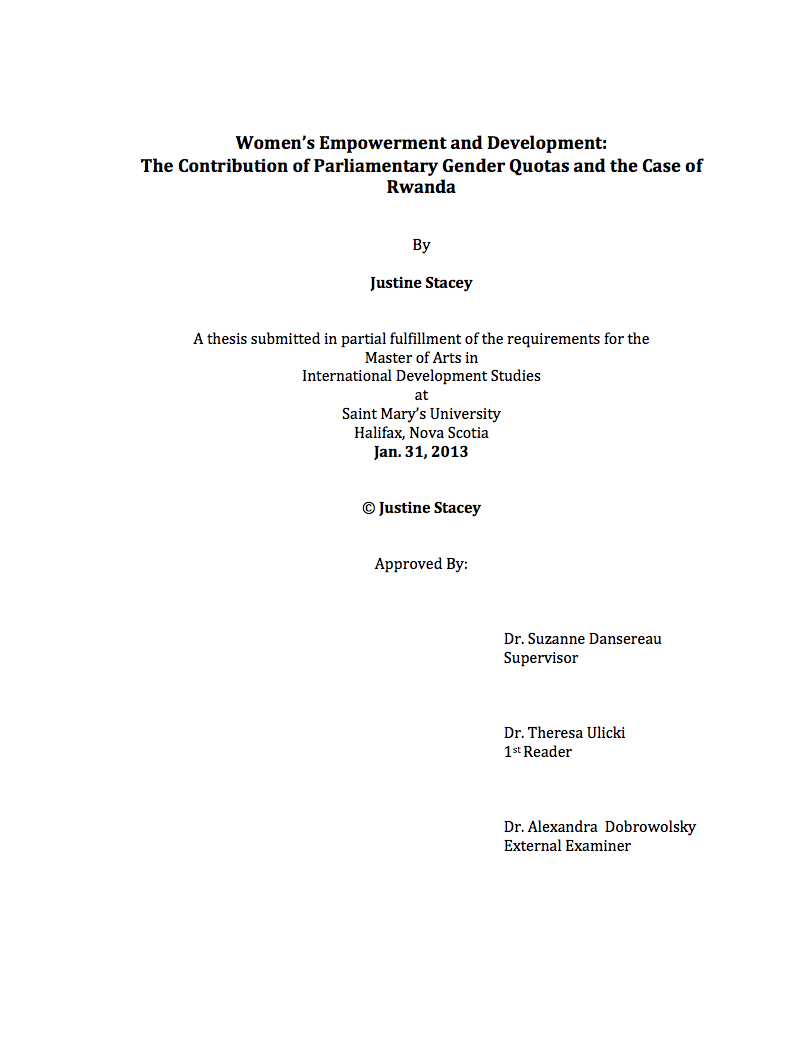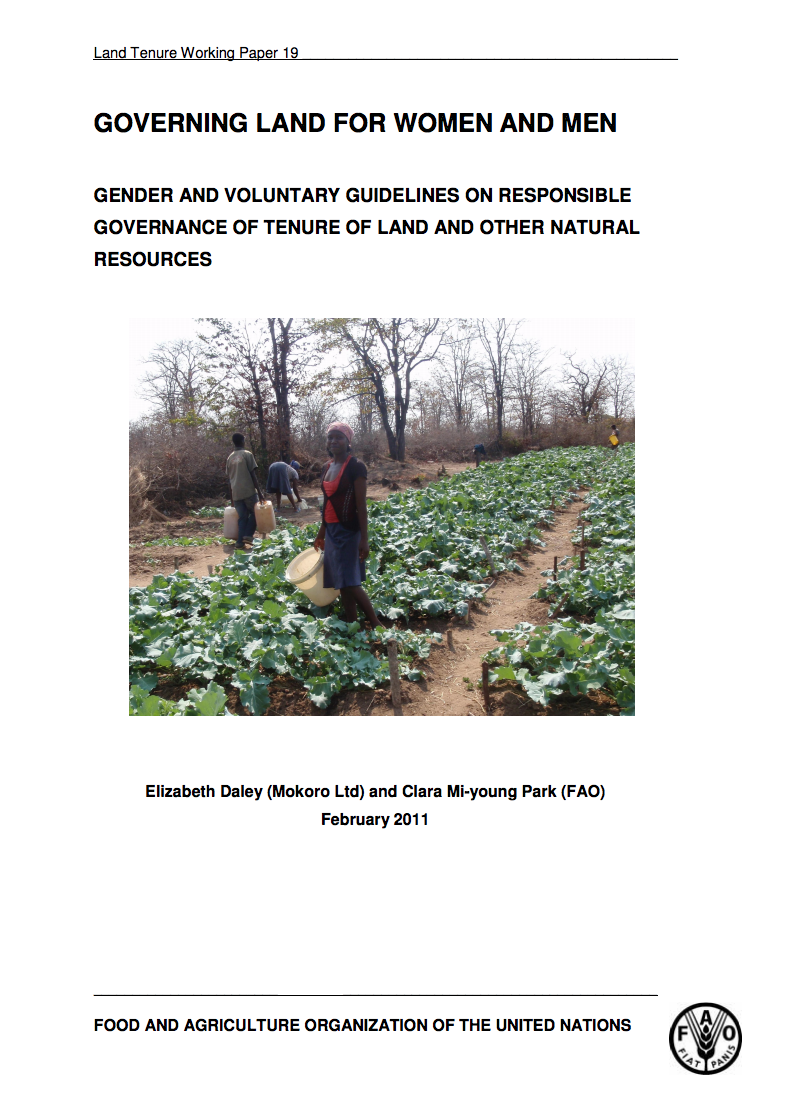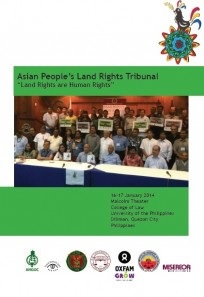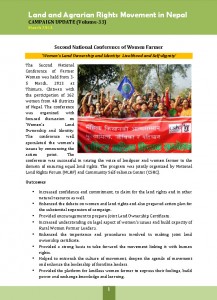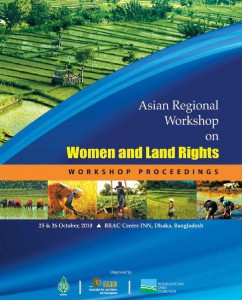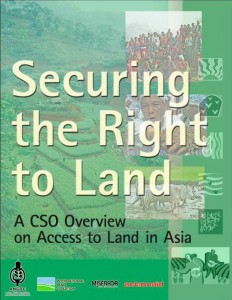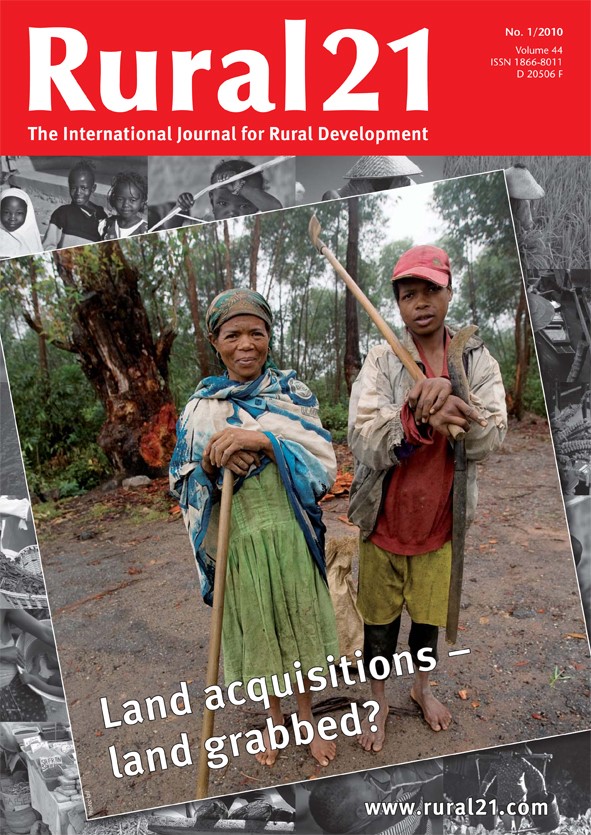Women’s Empowerment and Development: The Contribution of Parliamentary Gender Quotas and the Case of Rwanda
As Parliamentary gender quotas have become increasingly popular, so too
has the debate surrounding their effectiveness in enhancing women’s
representation and gender equality in governments around the world. Women offer
unique and important perspectives to the political process, and thus their increased
political representation and empowerment can advance the very process of
development. In 2003, the Rwandan government Constitutionally enacted a gender

